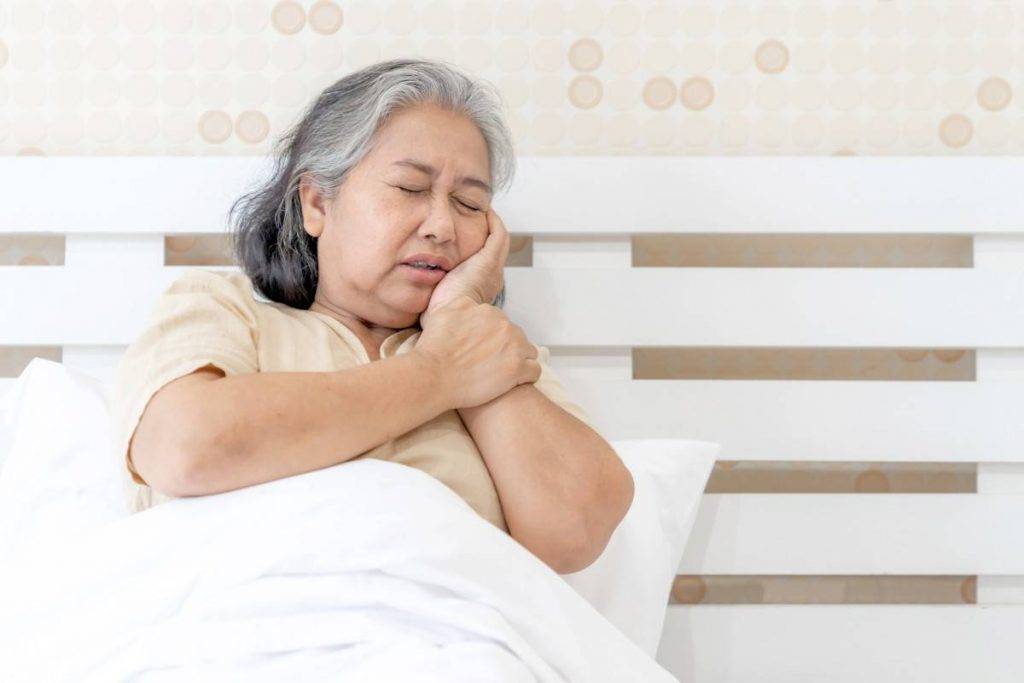Osteoporosis is a bone disease that affects millions of people around the world, and women are at a higher risk of developing it, particularly after menopause. In this article, we will explore the risk factors, prevention, and treatment options for osteoporosis after menopause.
Risk Factors
The loss of estrogen during menopause is a key risk factor for osteoporosis in women. “Osteoporosis is a disease that causes weakened bones and an increased risk of fractures due to low bone mass and disruption of bone microarchitecture,” stated Dr Vivek Dahiya, director, Institute Of Musculoskeletal Disorders and Orthopaedics, Medanta, Gurugram.
Other risk factors for osteoporosis after menopause include a family history of the disease, a low body weight, smoking, excessive alcohol consumption, and a sedentary lifestyle.
Prevention
Prevention is key in reducing the risk of osteoporosis after menopause. According to Dr. Johnson, “Women can reduce their risk of osteoporosis by getting adequate amounts of calcium and vitamin D, engaging in weight-bearing exercise, avoiding smoking and excessive alcohol consumption, and considering hormone therapy if appropriate.”
Additional tips
- Engage in regular exercise: Weight-bearing and resistance exercises can help maintain bone density and strength, reducing the risk of fractures. Examples include walking, jogging, dancing, weight lifting, and yoga.
- Maintain a healthy body weight: Being underweight increases the risk of osteoporosis, while obesity can increase the risk of fractures. A healthy body weight can help reduce the risk of developing osteoporosis after menopause.
- Get enough vitamin K: Vitamin K plays a crucial role in bone health by helping to regulate calcium absorption and supporting bone mineralization. Good dietary sources of vitamin K include leafy green vegetables, such as spinach, kale, and collard greens.
- Consider calcium and vitamin D supplements: While it’s best to get nutrients from food, some people may have difficulty getting enough calcium and vitamin D through diet alone. In these cases, supplements may be recommended to ensure adequate intake.
- Limit caffeine and carbonated beverages: Consuming too much caffeine and carbonated beverages can increase the amount of calcium excreted by the body, which can weaken bones over time. Limiting intake of these beverages can help maintain good bone health.
- Discuss hormone therapy with your doctor: Hormone therapy can help reduce the risk of osteoporosis after menopause by replacing estrogen, which helps maintain bone density. However, hormone therapy is not appropriate for everyone, and the risks and benefits should be discussed with a doctor.
Treatment Options
Treatment options for osteoporosis after menopause include medications that slow the rate of bone loss or help rebuild bone density. According to Dr. Johnson, “Medications that slow bone loss include bisphosphonates, denosumab, and estrogen replacement therapy. Teriparatide is a medication that helps rebuild bone density.”
Osteoporosis after menopause is a significant health concern for women, but it is not inevitable. Women can reduce their risk of developing osteoporosis by taking steps to maintain good bone health. These steps include getting enough calcium and vitamin D, engaging in weight-bearing exercise, and avoiding smoking and excessive alcohol consumption. If osteoporosis is diagnosed, there are many treatment options available. These options can help slow the rate of bone loss and reduce the risk of fractures. By taking steps to prevent and treat osteoporosis, women can maintain good bone health. This can help them enjoy a high quality of life.

